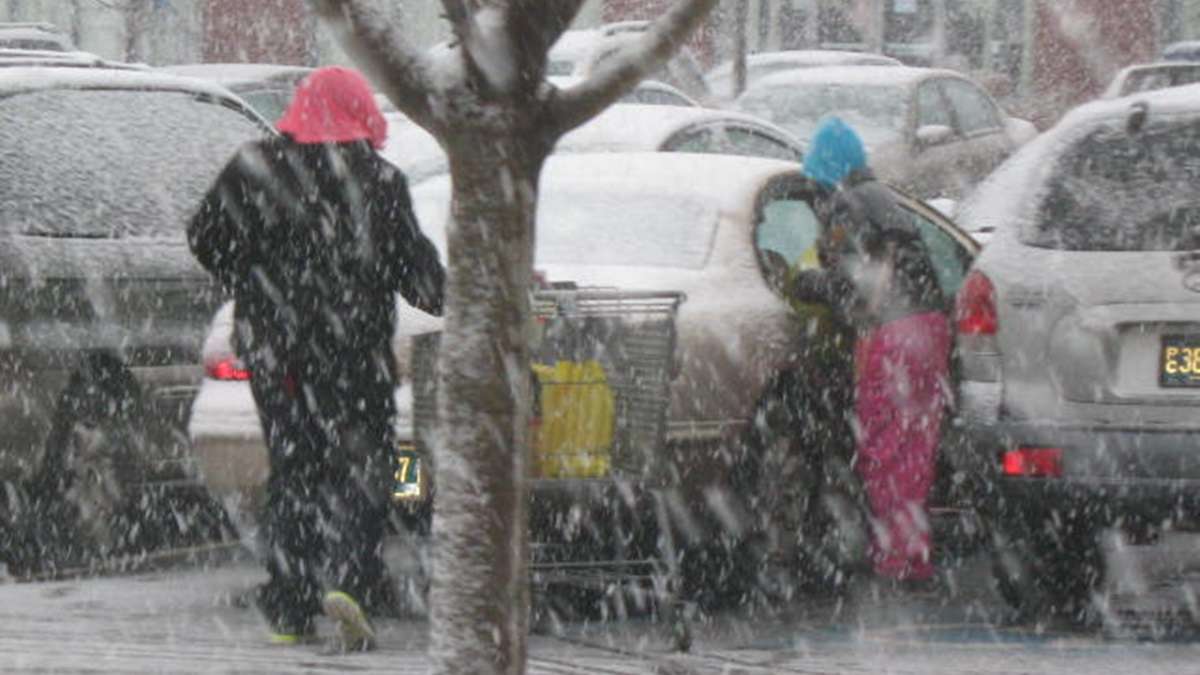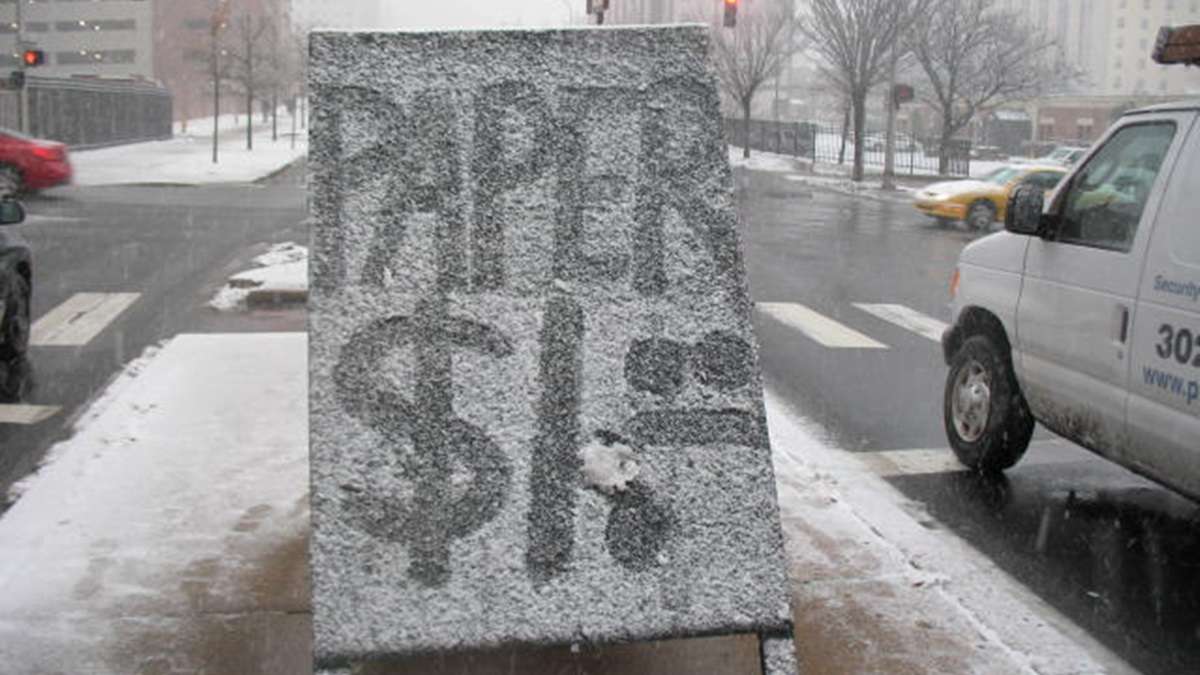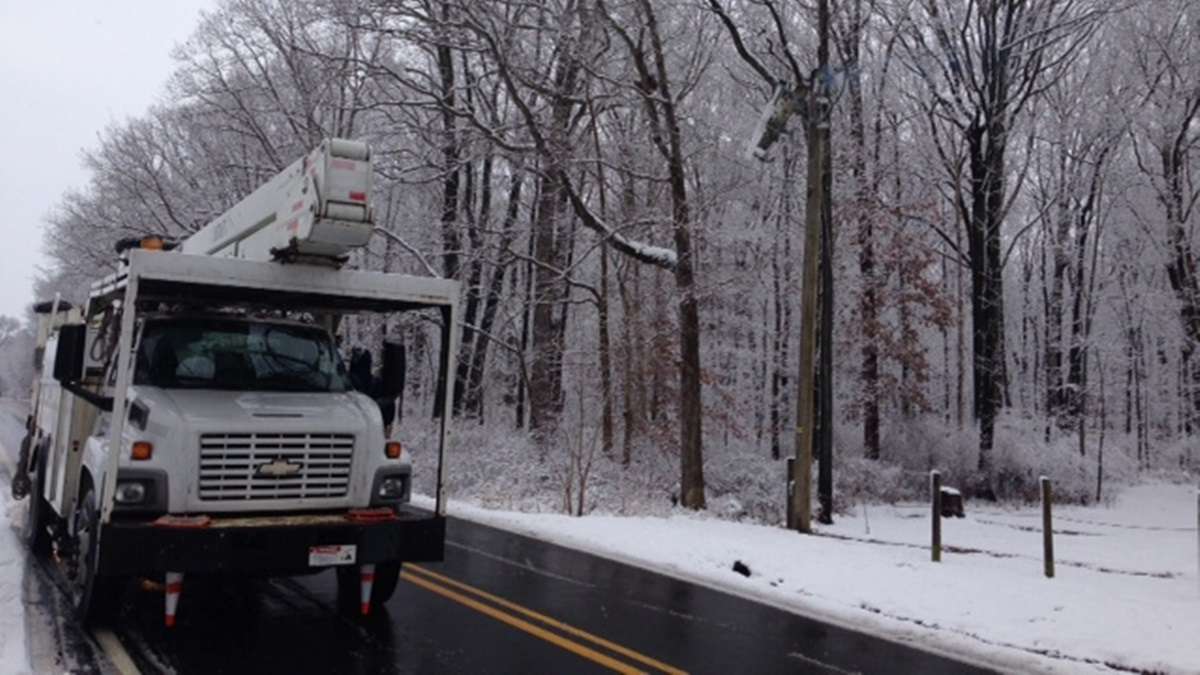Political campaigns battling more online
Listen-

-

-

-

-

-

-

-

-

(WHYY)
-

-

-

-

-

-

-

-

-

-

-

-

-

It will be months before we see candidates for governor and Congress duking it out in TV ads. But there’s plenty of early skirmishing on Facebook, Twitter, and other online communications.
Take the governor’s race in Pennsylvania. Look at the leading Democratic candidates, and you’ll see that two of them, U.S. Rep. Allyson Schwartz and York businessman Tom Wolf, have Facebook pages with tens of thousands of “likes” — Schwartz has 49,000, Wolf, 33,000 — many times the other campaigns.
Folks who pay more attention to this than me say the only way you get that many “likes” so quickly is with some heavy paid advertising on Facebook. It seems a weird currency to accumulate, doesn’t it? “Likes?”
It got me wondering about the role of online communications in political campaigns, so I talked to some practitioners about the state of the game, and what’s coming.
Everybody’s doing it
The Campaign Group, the Philadelphia-based firm that’s been managing media campaigns for dozens of candidates every even-numbered year for decades now, has a full-time digital media director, Dan Pohlig (who happens to be a WHYY alum).
He says one thing every campaign should do is try to build a following of supporters on Facebook and Twitter.
“The goal is to be able to leverage that community when you need it to take action, to volunteer and to contribute,” Pohlig said. A lot of that is done without spending money — just telling followers in every contact to link their social media following with the campaign’s.
Mark Nevins, a partner at the Dover Group, which does digital communications, told me the Facebook following you get with those personal contacts, or by letting supporters find you, is in some ways more valuable than the much larger following you can get by advertising.
“They’re just going to be more motivated than somebody who signed on because they saw an ad,” he said.
Nevins, by the way, is working for Democratic gubernatorial candidate and state Treasurer Rob McCord, whose Facebook page has about 2,300 “likes.”
You can also see that some “like” a candidate’s Facebook page just to leave nasty comments on its posts. Look at Schwartz’s page, which has a huge following, and you see some carping in the comments section. One critic recently went to the trouble of leaving a comment calling Schwartz’s campaign ad “ka-ka.”
On the other hand, a big Facebook following is a way to reach a lot of people quickly. Mark Bergman of the Schwartz campaign noted that when Gov. Tom Corbett made that strange comment in a television interview comparing same sex marriage to a union between a “brother and sister,” Schwartz got a video response to all those tens of thousands of Facebook “likers” within hours.
Laser-targeted video
There are also increasingly sophisticated techniques for getting online video messages in front of people who don’t follow a campaign on Facebook or Twitter.
I spoke with Christopher Massicotte, the chief operating officer of DS Political, a Washington-based firm that does targeted online communications. In 2012, his firm took hundreds of millions of web browser cookies, those files web sites leave on computers after somebody visits a website, which gave the firm lots of personal information about lots of people.
“We took that and we matched that to a very, very good voter file,” Massicotte said. “So now that I know that it’s you, I can say well, now I know you’re a male between the ages of 30 and 60 and you vote in Democratic primaries.”
The information about a given computer user can get very specific, and services will sell firms such as Massicotte’s the opportunity to plop his candidate’s video spots in front unsuspecting users when they click to watch a TV or YouTube video.
Depending on the kind of service, the user will have to watch part or all of the video message, which will include an opportunity to click through to the campaign website.
Massicotte’s firm usually works for Democratic and progressive candidates, including Montgomery County state Sen. Daylin Leach, a candidate for Congress who has a gift for making his point with a touch of humor.
As the gubernatorial and congressional races heat up, expect campaigns to use those those video ads to reach targeted audiences.
How much digital do you need?
Campaigns are turning to digital messaging because it’s cheaper, more targeted, and easier to measure results from than traditional media. And perhaps most importantly, many young people are watching video on places other than TV screens.
Pohlig said The Campaign Group typically recommends that campaigns allocate about 10 percent of their media budgets for online communications. Massicotte says that might have been right for 2012, but as more eyeballs abandon TV screens for computers and mobile devices, that percentage is likely to increase.
Still, Campaign Group co-founder Neil Oxman told me that in a Pennsylvania primary, you can’t go all digital, at least not yet.
“The single biggest predictor of voting in America is age. The older you are, the more likely you are to vote,” Oxman said. “In a state like Pennsylvania where there are a lot of very old voters, it’s usually easier to reach them by more traditional advertising — radio and television.”
WHYY is your source for fact-based, in-depth journalism and information. As a nonprofit organization, we rely on financial support from readers like you. Please give today.


